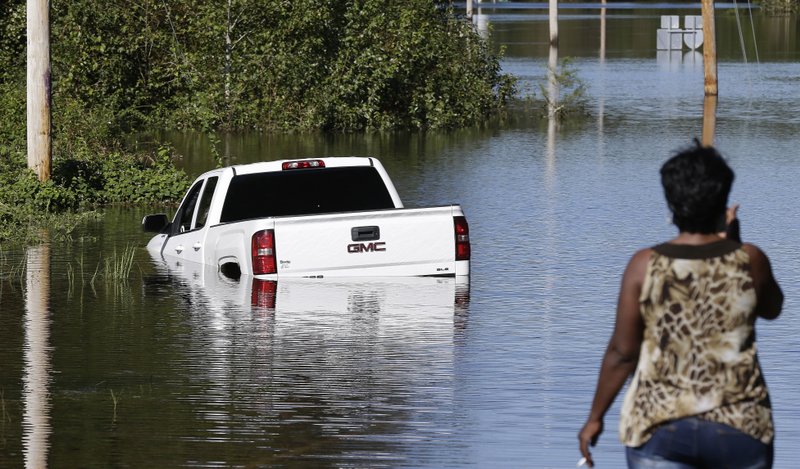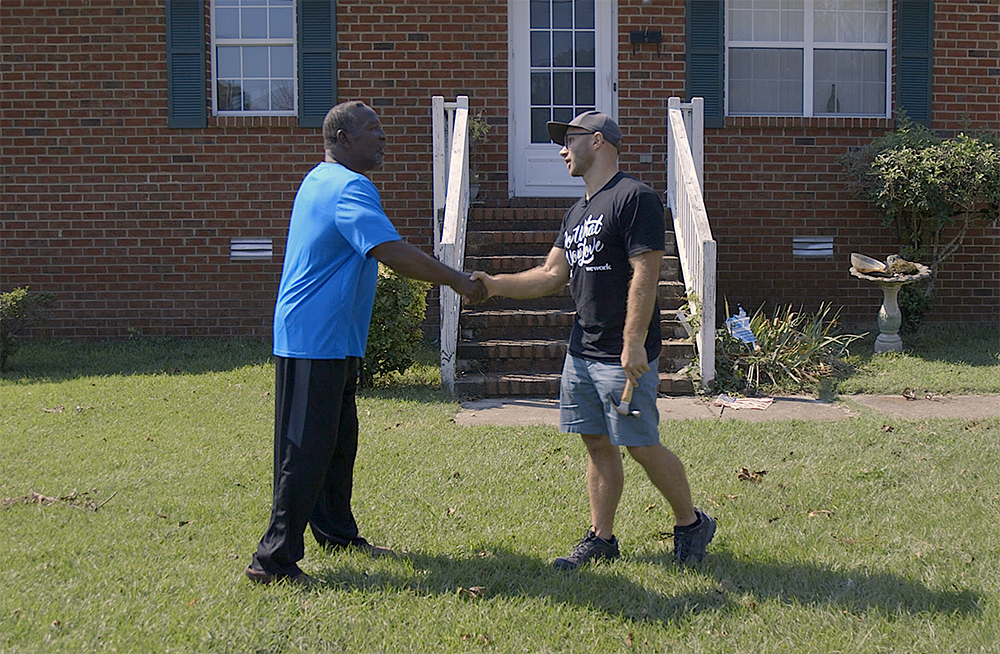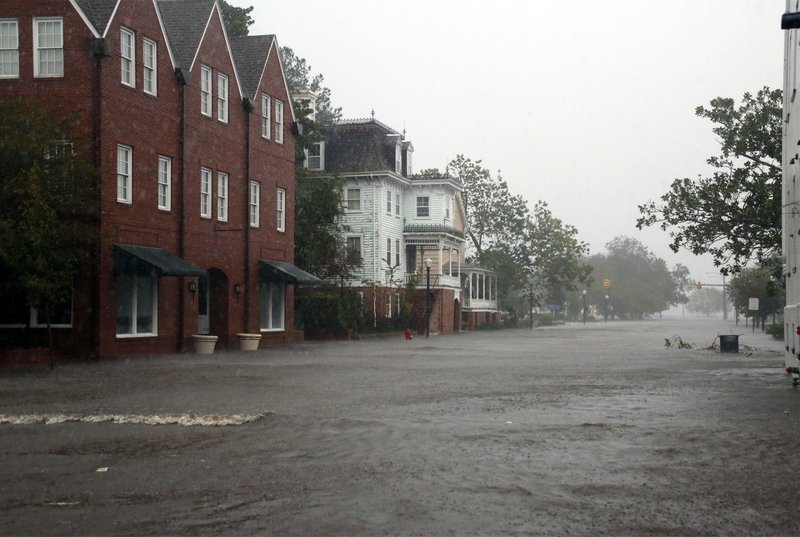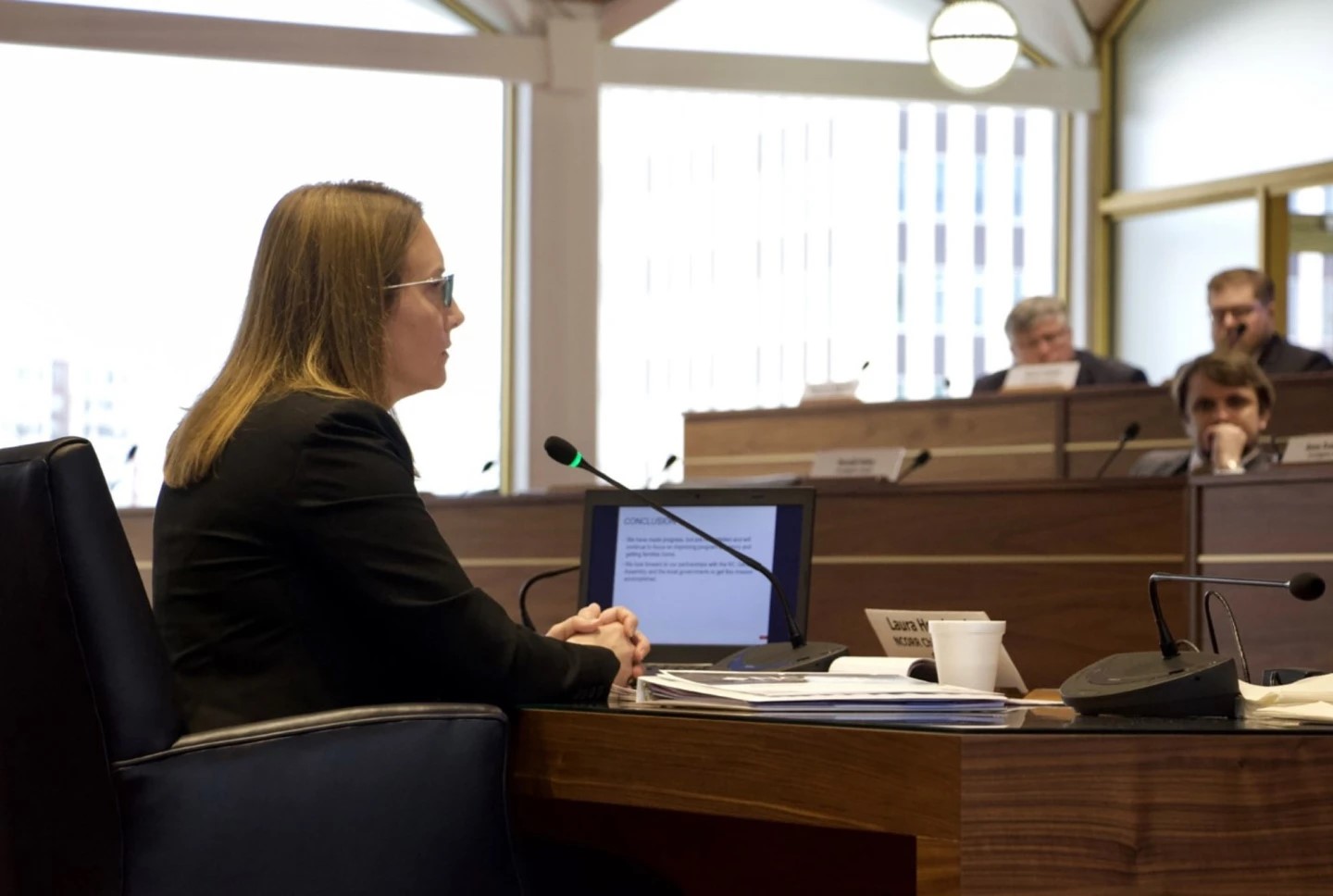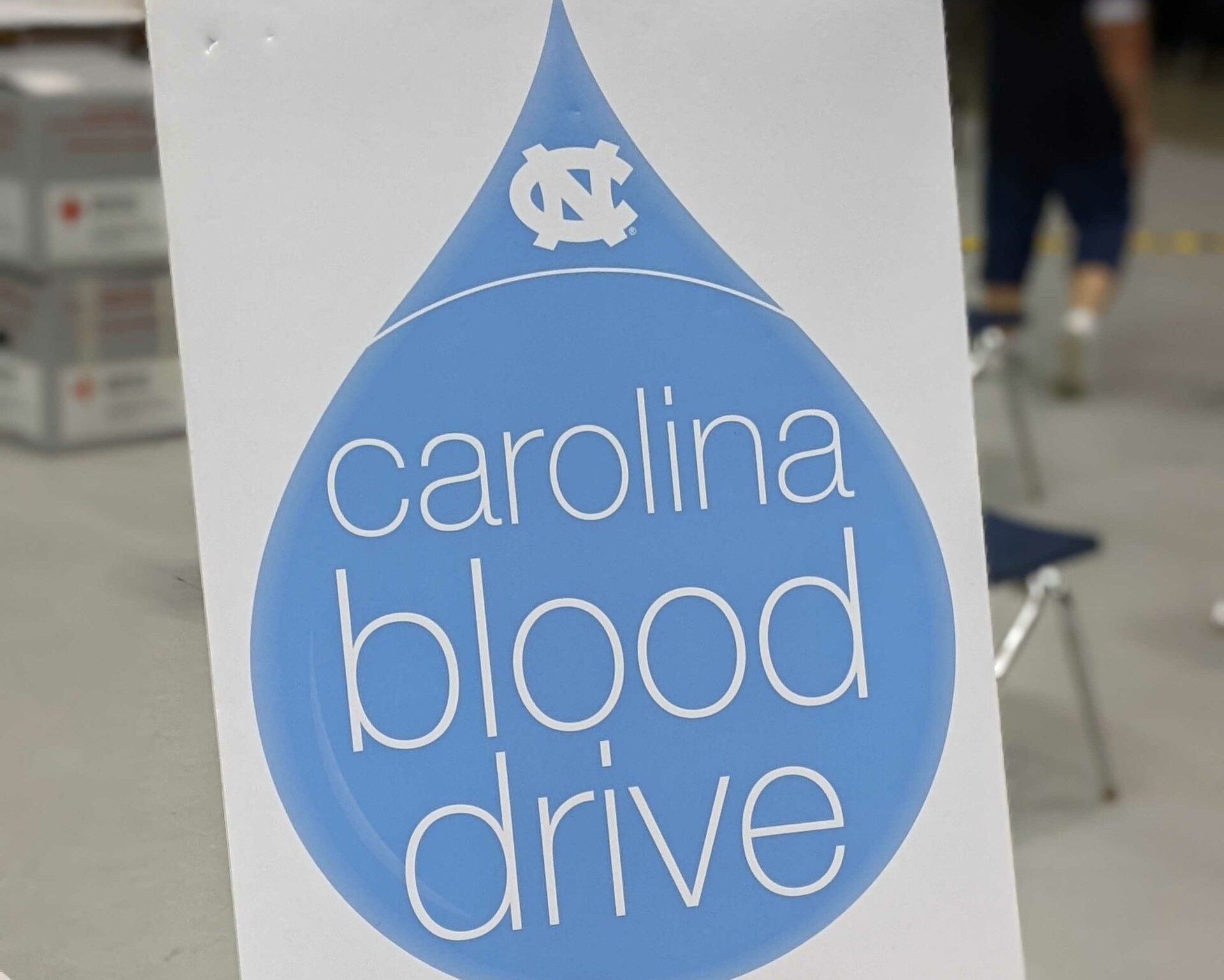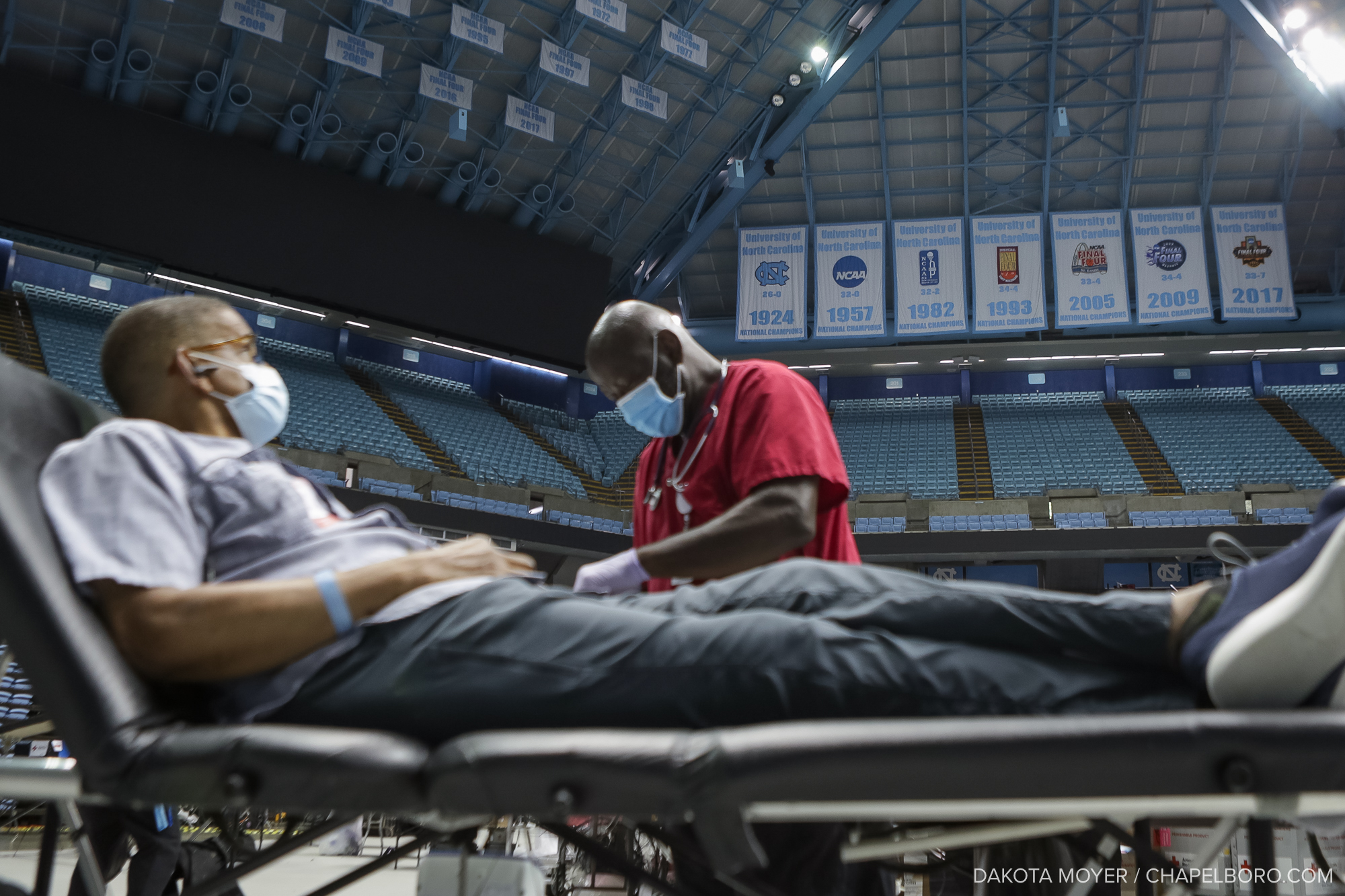A top North Carolina House Republican says legislation that would spend $220 million in part to shore up highways, rivers and coastal areas prone to flooding will make the state more resilient when the next big storm arrives.
The House Environment Committee scheduled debate Tuesday on the proposed “Disaster Relief and Mitigation Act,” pushed in part by Majority Leader John Bell of Wayne County. Historic flooding during hurricanes Florence and Matthew destroyed homes and businesses near swollen rivers.
Bell calls it a bipartisan measure reflecting input from leaders in North Carolina communities that have taken the brunt of recent storms. The bill includes almost $70 million for Lumber River and Neuse River improvements and some private land buyouts. There’s also money to increase staff at state agencies that work with local governments to plan for future flooding.
Senators also have filed legislation to spend money on removing debris from streams in storm-affected counties.
Photo via Associated Press / Gerry Broome.

